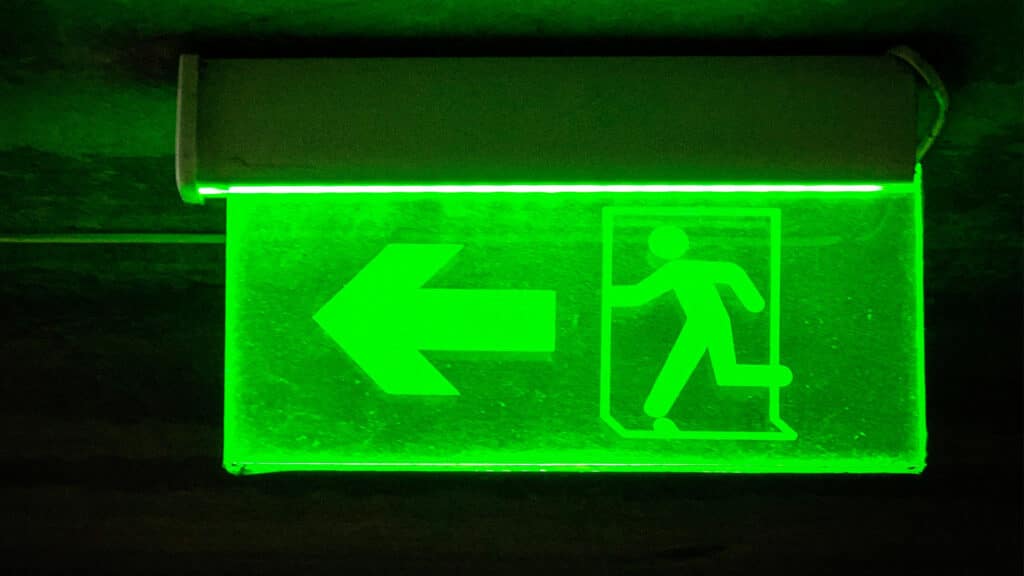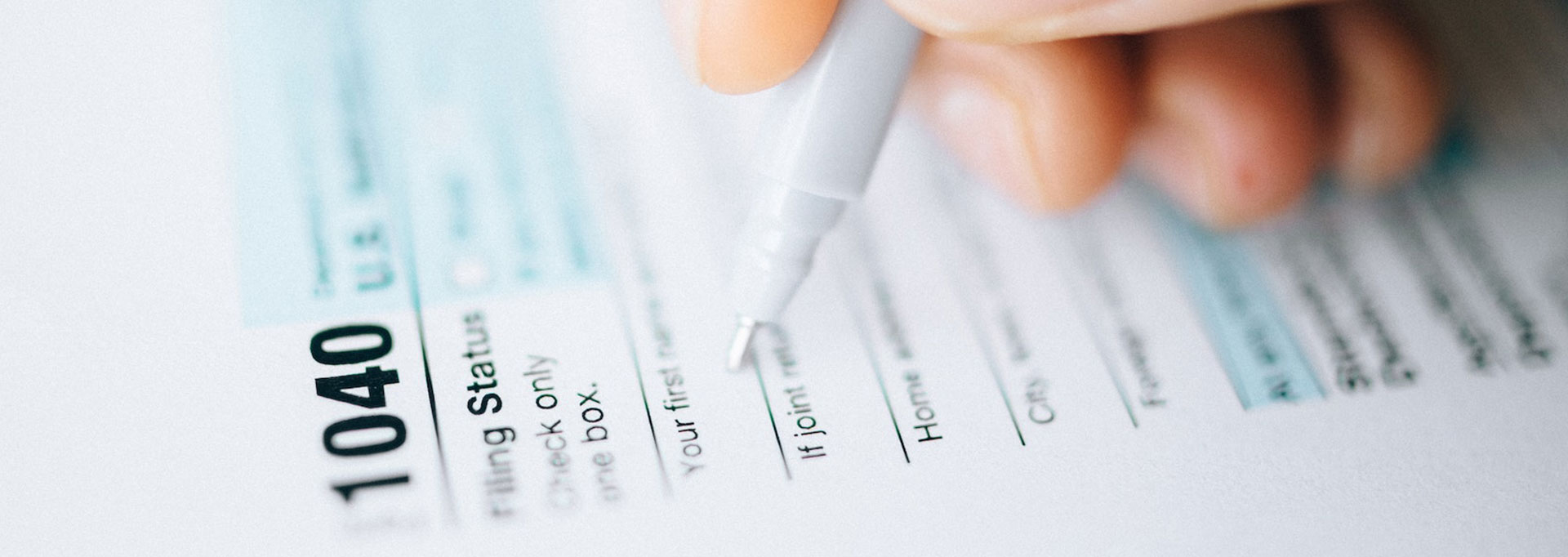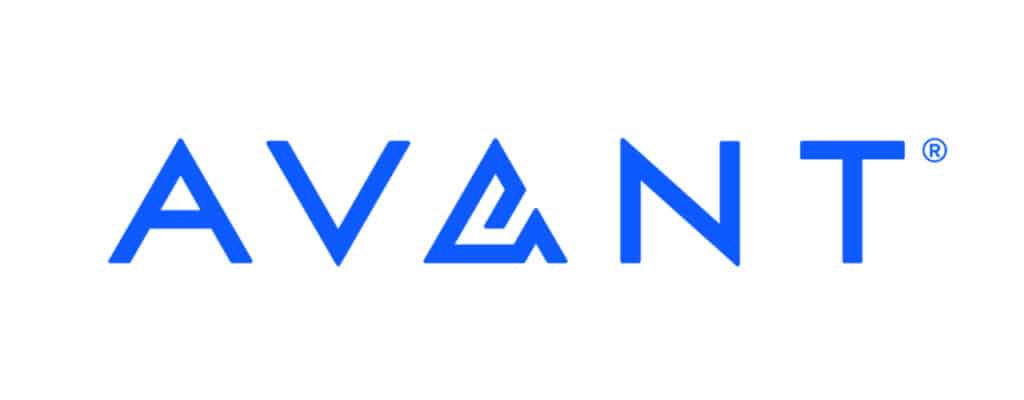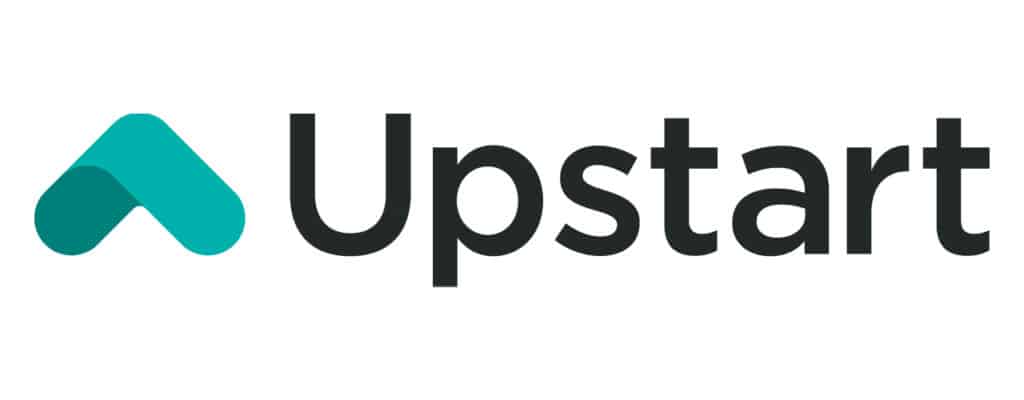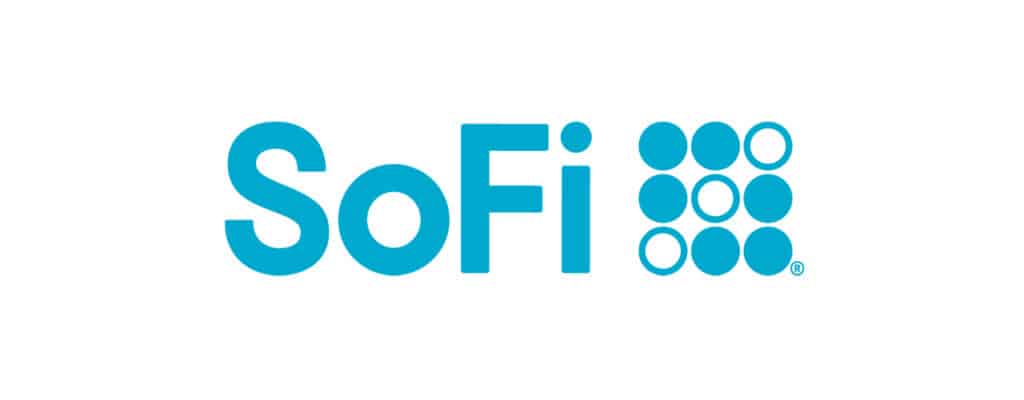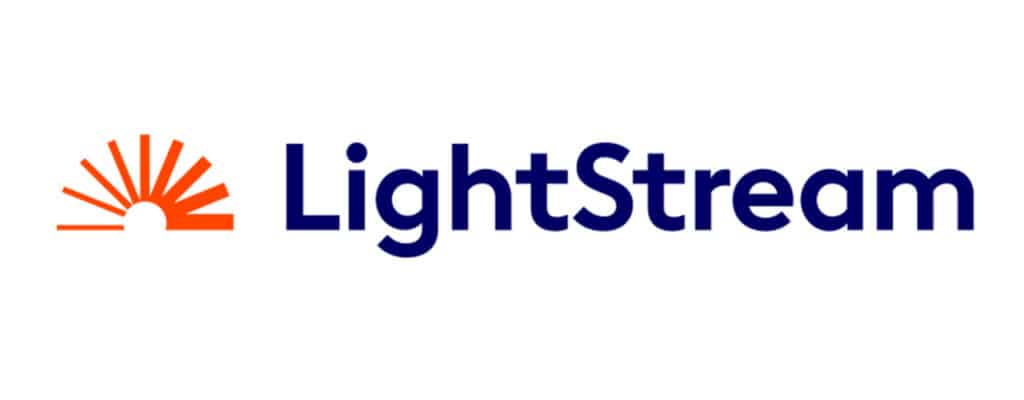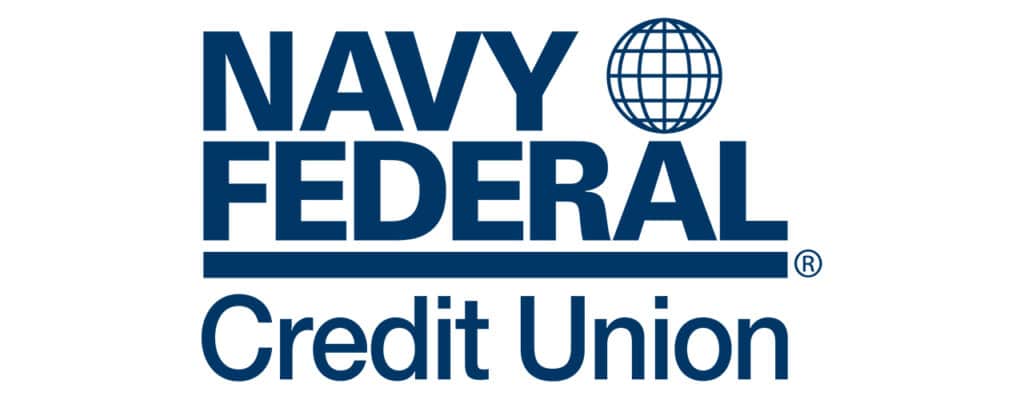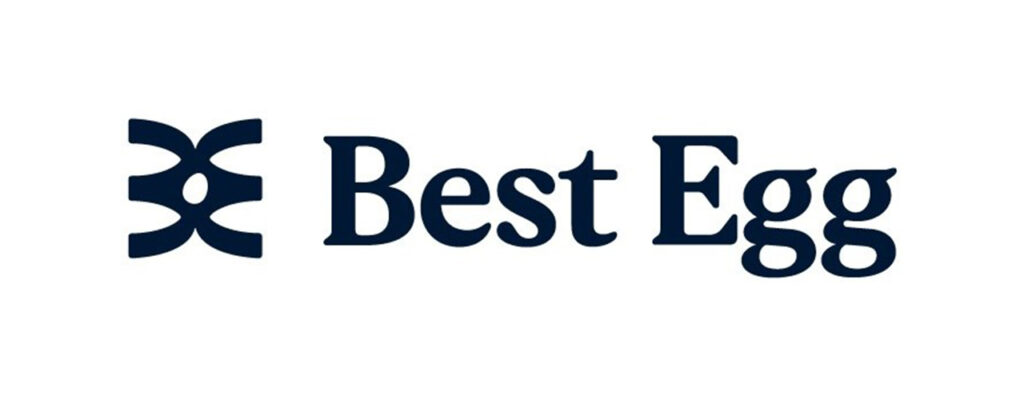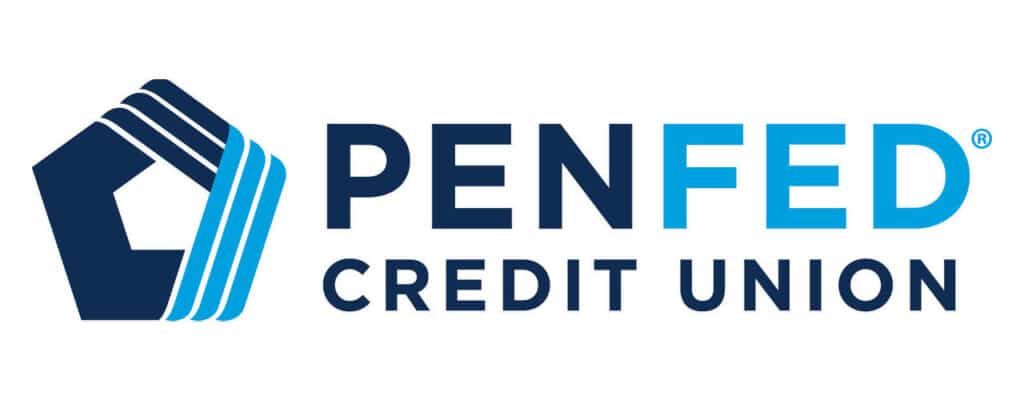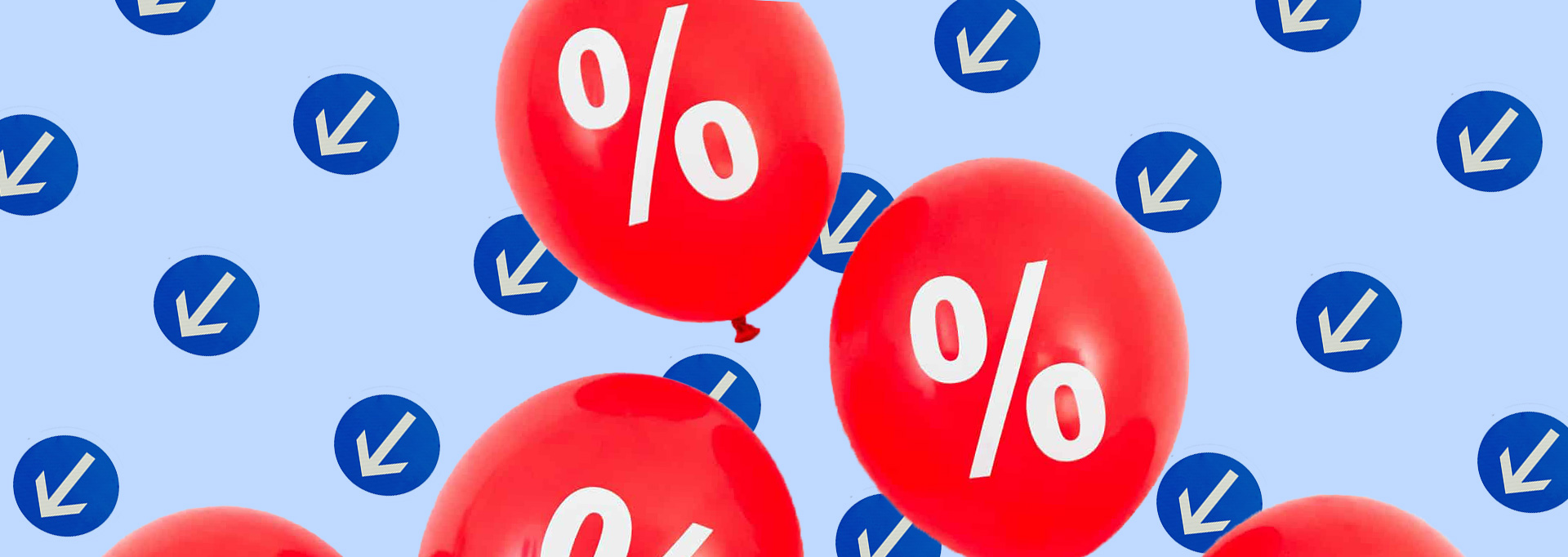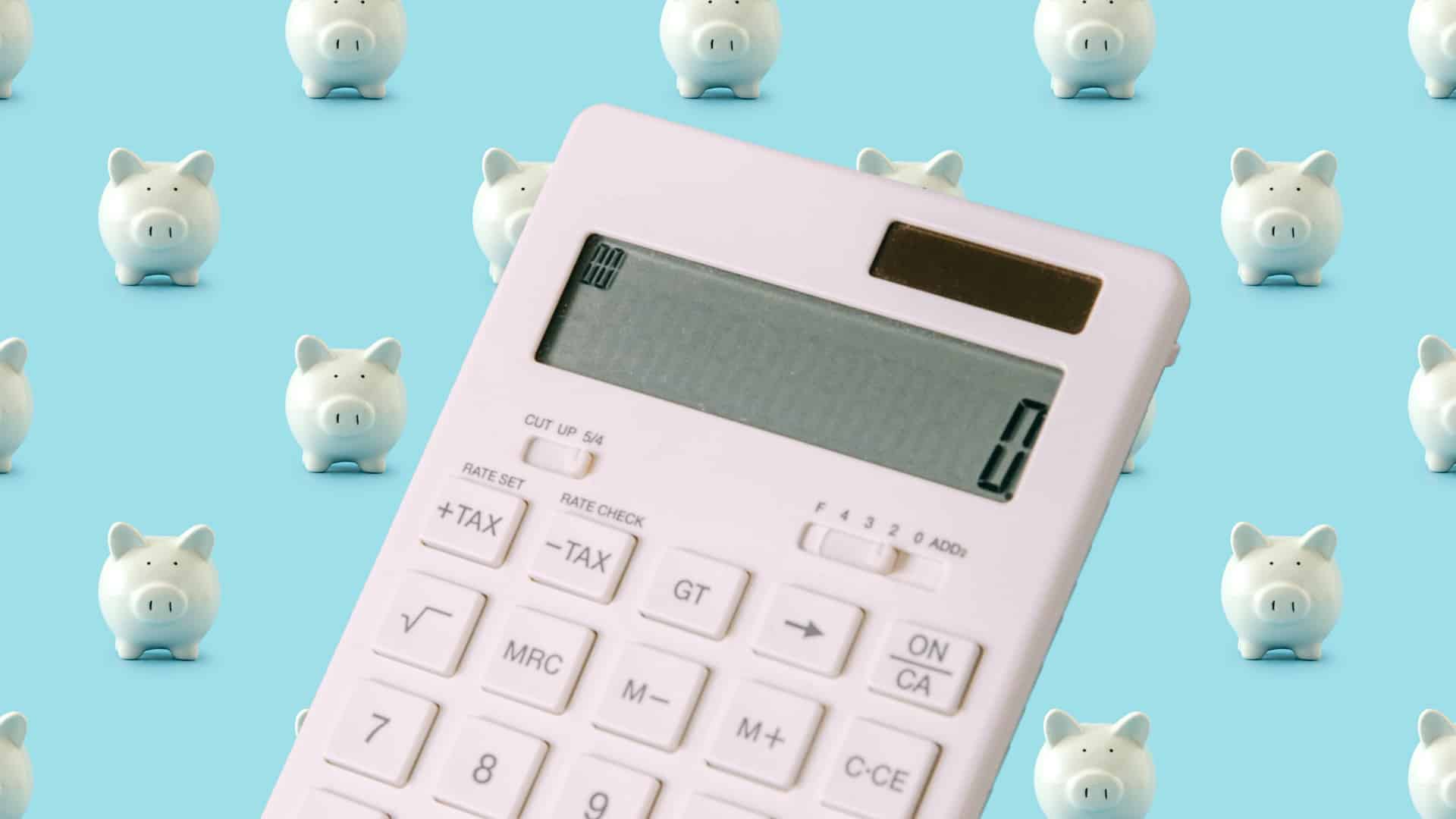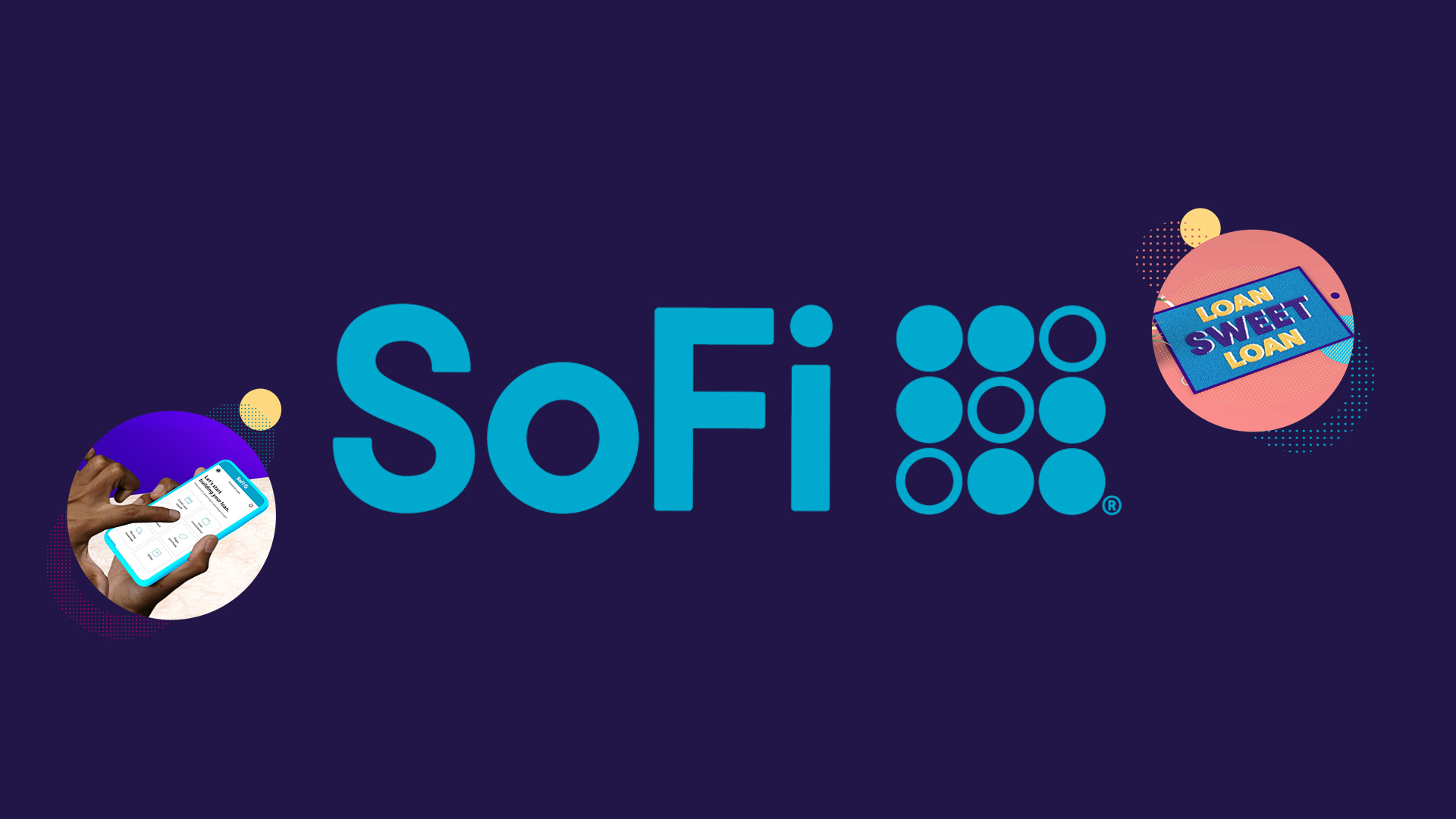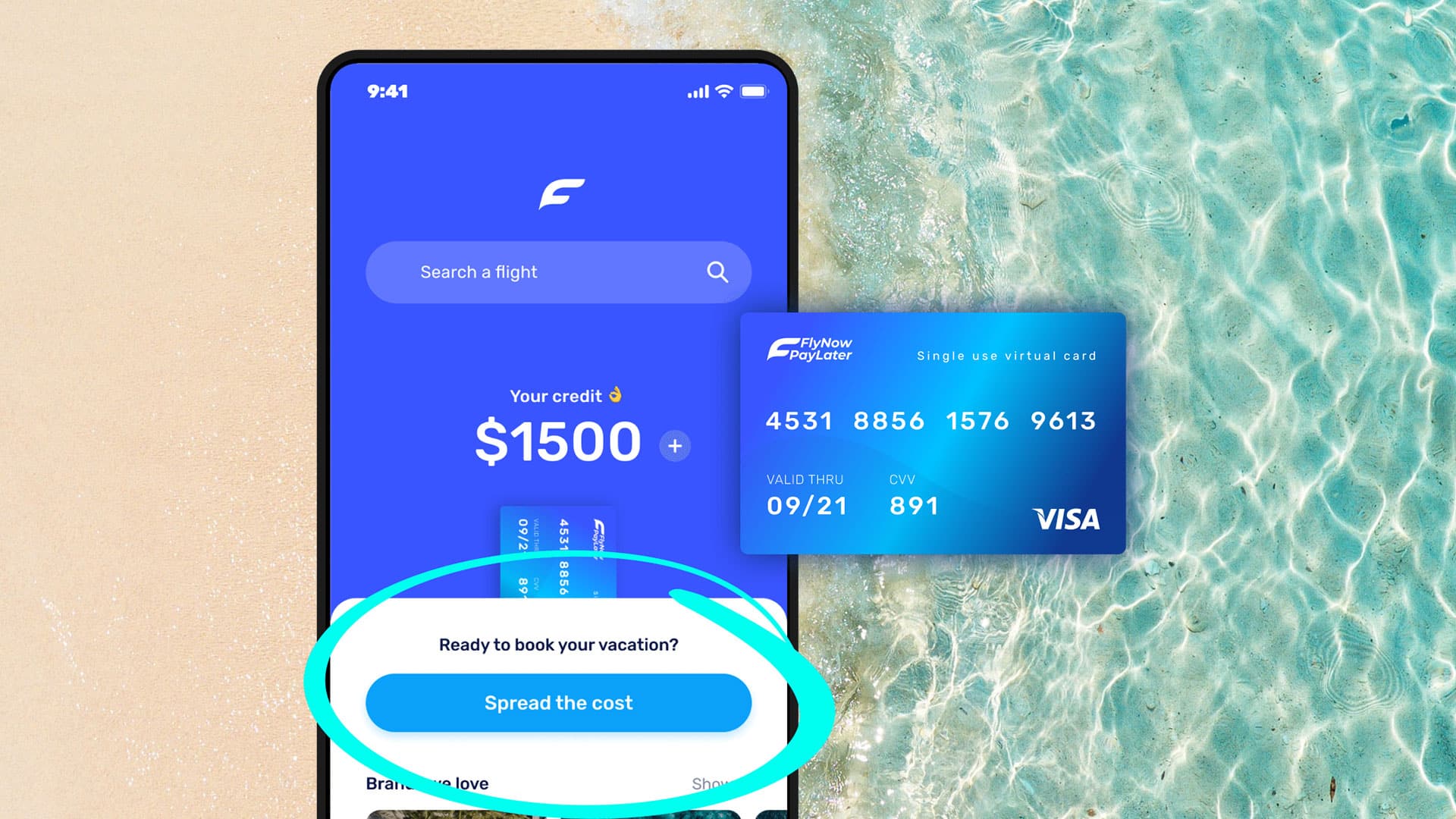Most products on this page are from partners who may compensate us. This may influence which products we write about and where and how they appear on the page. However, opinions expressed here are the author's alone, not those of any bank, credit card issuer, airline or hotel chain.
If you’re facing a tax bill you can’t afford, a potential solution is to take out a personal loan. Funds from a personal loan can be used for many purposes, including paying off a tax bill. Depending on your financial circumstances, it may be possible to secure a personal loan with an interest rate lower than some other financial products like credit cards. Plus, borrowing costs could be cheaper than an IRS installment plan.
But is using a personal loan to pay your taxes the right move for you? Although it can be a good idea in certain situations, you should consider potential drawbacks and other repayment options before applying. Keep reading to learn the pros and cons, and whether it makes sense to take out a loan to pay your taxes.
Should I Take Out a Loan to Pay My Taxes?
The answer depends on your unique situation. For example, you may qualify for competitive interest rates and terms if you have good to excellent credit. As a result, taking out a loan to pay taxes could be a good idea if it’s cheaper than other solutions like a credit card or IRS installment plan.
But if you have bad credit, a lender will likely charge you a high interest rate and fees. In that case, it might make more sense for you to explore alternative repayment options.
To determine whether using a loan to pay taxes is right for you, you’ll have to compare all of your options.
 Related Article
Related Article
14 Ways You Can Use a Personal Loan
Best Personal Loans to Help Pay Your Tax Bill
- Best for Bad Credit: Avant
- Best for Minimal Credit History: Upstart
- Best for Good Credit: SoFi
- Best for Low Rates: LightStream
- Best for Members of the Military: Navy Federal Credit Union
- Best for Fair Credit: Best Egg
- Best for Small Loans: PenFed Credit Union
Loan results will vary based on creditworthiness, loan purpose, loan amount, and other factors.
Best for Bad Credit: Avant
Avant
- Loan Amounts$2,000 – $35,000
- Loan Terms12 – 60 months
- APR Range9.95% – 35.99%
- Minimum
Credit Score580 or aboveA credit score is used to indicate the creditworthiness of an applicant, but it is only one of several factors considered for approval. These credit scores alone are not guarantees for approval and should only be used as guidelines.
Avant offers small personal loans that are accessible to borrowers with fair credit, with funding available as soon as the next day.
Overview
Avant is known for its personal loans that can be used for a wide range of purposes and are accessible for those with fair credit. Funding can be completed as soon as the next business day once approved. The minimum APRs tend to be higher than competitors, but the maximum APR is comparable to other online lenders. A unique feature offered by Avant is their flexible payment due date, which allows a 10-day grace period without incurring a late fee.
Pros
- Loan terms up to 60 months
- Low minimum credit score requirement
- Flexible payment due date
- Next day funding available
Cons
- No physical locations
- Origination fee of up to 4.75%
- Relatively low maximum loan amount ($35,000)
- High minimum APR
- No joint applicant or co-signer
Best for Minimal Credit History: Upstart
Upstart
- Loan Amounts$1,000 – $50,000
- Loan Terms36 or 60 months
- APR Range7.8% - 35.99%
- Minimum
Credit Score300 or aboveA credit score is used to indicate the creditworthiness of an applicant, but it is only one of several factors considered for approval. These credit scores alone are not guarantees for approval and should only be used as guidelines.
Using artificial intelligence to help evaluate borrowers, Upstart is a unique lending platform that looks beyond your credit score for personal loan approval.
Overview
Upstart is a first-of-its-kind online lending platform that uses artificial intelligence to help make smarter lending decisions. This means the company considers factors beyond a borrower’s credit score to help determine creditworthiness. Upstart indicates its model has resulted in 43% lower rates for borrowers than traditional credit score models.
Beyond your credit score, Upstart will also look at your employment history, income and level of education when deciding whether to approve you for a loan. The company states that borrowers with credit scores as low as 300 might be able to get approved for a personal loan, though that loan may come with a relatively high APR.
Upstart’s rates are fairly competitive and loan funds are disbursed as soon as one business day after approval. This lender charges origination fees, so it’s important to read the fine print before applying.
Read the reviewPros
- Considers factors beyond your credit score in lending decisions
- Loans up to $50,000
- Fast funding time
- Check rate without affecting credit score
- Low minimum credit score requirement
Cons
- No physical locations
- Limited repayment terms
- Has origination fees
- High maximum APR
- Not available in Iowa or West Virginia
Best for Good Credit: SoFi
SoFi Personal Loans
- Loan Amounts$5,000 – $100,000
- Loan Terms24 – 84 months
- APR Range8.99% – 29.49%
- Minimum
Credit Score680 or aboveA credit score is used to indicate the creditworthiness of an applicant, but it is only one of several factors considered for approval. These credit scores alone are not guarantees for approval and should only be used as guidelines.
SoFi's personal loan offering comes with no fees required and a high loan maximum that may be a good fit for those seeking large loans.
Overview
SoFi offers a competitive personal loan product that boasts no origination fees, no late fees, and a high maximum loan amount of $100,000. SoFi is one of only a handful of lenders offering loans as large as $100,000. If you need a substantial loan to cover a considerable expense, like a home renovation, SoFi’s high maximum can be a strong option. One standout feature of SoFi is that it offers unemployment protection, which might allow you to pause payments if you lose your job. Same-day funding is also available for qualified borrowers
Read the reviewPros
- No origination fees, no prepayment penalties and no late fees
- Loans up to $100,000
- Unemployment protection available
- Autopay rate discounts
- Co-borrower allowed
- Same-day funding available
Cons
- No physical branches
- High minimum loan amount
- Good credit likely required
Best for Low Rates: LightStream
LightStream
- Loan Amounts$5,000 – $100,000
- Loan Terms24 – 144 months
- APR Range7.49% – 25.49% (with autopay)
- Minimum
Credit Score660 or aboveA credit score is used to indicate the creditworthiness of an applicant, but it is only one of several factors considered for approval. These credit scores alone are not guarantees for approval and should only be used as guidelines.
LightStream is a solid online lender offering no fees, high loan maximums and low-rate personal loans for several purposes.
Overview
LightStream offers personal loans for several purposes, including debt consolidation, medical expenses, home improvement, weddings, car purchases and more, making this worth considering for those seeking flexibility. The lender offers relatively low rates compared to competitors, including autopay discounts. Its personal loans also have no origination fees or late fees, which can help keep borrowing costs low. However, borrowers will likely need to have good-to-excellent credit in order to be approved for a LightStream personal loan. Overall, it’s a good lender to add to your shortlist if you’re looking for flexible funding, no fees and a low APR. Lightstream may also disburse loans as soon as the same day you’re approved, making this lender a worthy choice if you need fast funding.
Read the reviewPros
- Low minimum APR
- No origination fees, no late fees
- High loan maximum of $100,000
- Autopay discount
- Joint applications allowed
Cons
- Rates and terms vary by loan purpose
- No soft pull prequalification
- Must have good-to-excellent credit
- No physical branches
Best for Members of the Military: Navy Federal Credit Union
Navy Federal Credit Union
- Loan Amounts$250 – $50,000
- Loan TermsUp to 180 months
- APR Range8.99% – 18.00%
- Minimum
Credit ScoreNoneA credit score is used to indicate the creditworthiness of an applicant, but it is only one of several factors considered for approval. These credit scores alone are not guarantees for approval and should only be used as guidelines.
Personal loans from Navy Federal Credit Union come with no origination fees, quick funding, and can be a good fit for borrowers with less-than-ideal credit.
Overview
To qualify for Navy Federal Credit Union loans, you’ll need to be a member: you need to be a veteran, active-duty service member, Department of Defense personnel, or eligible military family member. In addition to offering co-signed personal loans for borrowers with less-than-perfect credit, Navy Federal Credit Union also offers secured personal loans. Borrowers won’t pay an origination or prepayment fee, and funding can be available as quickly as the same day. It’s worth putting this lender on your shortlist if your credit isn’t great and you’re looking to compare loan options.
Pros
- Fast funding available
- Minimum loan amounts as small as $250
- Lengthy repayment terms up to 180 months for home improvement loans
- Co-signer option available
- No origination fee
- Secured loan options available
Cons
- High minimum loan amounts for longer-term loans
- Need to be a member to get a loan
Best for Fair Credit: Best Egg
Best Egg
- Loan Amounts$2,000 – $50,000
- Loan Terms36 – 60 months
- APR Range8.99% – 35.99%
- Minimum
Credit Score700 or aboveA credit score is used to indicate the creditworthiness of an applicant, but it is only one of several factors considered for approval. These credit scores alone are not guarantees for approval and should only be used as guidelines.
Best Egg provides fast personal loans, including unsecured and secured options.
Overview
You can use Best Egg loans for various purposes, including paying for moving expenses, home improvements, debt consolidation, weddings, adoption and more. Borrowers will pay origination fees and need a minimum annual income of $100,000 to qualify for their lowest rates. Best Egg products are not available for residents in Iowa, Vermont, West Virginia, the District of Columbia or U.S. Territories.
Read the reviewPros
- Loans are funded as soon as the next day
- Loans up to $50,000
- Option for secured loans for homeowners
Cons
- No physical locations
- Has origination fees
- Steep income and credit requirements
- Doesn’t allow co-signers or joint applicants
- Not available in all states
Best for Small Loans: PenFed Credit Union
PenFed Credit Union
- Loan Amounts$600 – $50,000
- Loan Terms12 – 60 months
- APR Range7.99% – 17.99%
- Minimum
Credit Score700 or aboveA credit score is used to indicate the creditworthiness of an applicant, but it is only one of several factors considered for approval. These credit scores alone are not guarantees for approval and should only be used as guidelines.
PenFed offers no fees and small personal loans as low as $600.
Overview
While you will need to become a PenFed member if you decide to get a personal loan there, anyone can apply for membership and the process is quick and simple. Many lenders have relatively high minimum loan amounts, but PenFed offers loans as small as $600, with no origination fees and competitive APRs. If you’d like to view personal loan rates with PenFed, you can do so without impacting your credit score.
Pros
- Pre-qualification is available
- No origination fee, hidden fees or prepayment penalties
- Borrow as little as $600
- Allows co-borrower
- Funding as early as 1-2 business days after approval
Cons
- Must be a member to receive the loan
- No option for direct payment to creditors for debt consolidation
What Are the Potential Consequences of Ignoring My Tax Bill?
You could face negative consequences if you don't pay your tax bill. The IRS will charge you interest on the unpaid amount. Plus, you may have to pay penalties that may include:
- Failure-to-pay penalty: If you fail to pay your taxes before the tax deadline, you may have to pay a penalty of 0.50% each month on the unpaid balance—up to a maximum of 25%.
- Failure-to-file penalty: You also may have to pay a penalty of 5% each month of the unpaid balance (up to 25%) if you file your taxes after the tax deadline.
In addition, the IRS can garnish your wages and keep any future tax refunds if you ignore your tax bill.
Pros and Cons of Using a Personal Loan to Pay Your Tax Bill
Before you take out a personal loan to pay your taxes, weigh the pros against the cons.
Pros
- Fixed monthly payment and repayment term
- Fast funding
- Low rates for borrowers who have excellent credit
- Typically doesn’t require collateral
Cons
- Fees
- Potentially high-interest rate
- Can harm credit if you miss payments
Pros
- Fixed monthly payment and repayment term. Personal loans come with fixed monthly payments and fixed interest rates, which can be easier to budget for some consumers.
- Fast funding. Although funding times vary, many lenders can deposit funds into borrowers' bank accounts within a few business days.
- Low rates for borrowers who have excellent credit. If you have excellent credit, you may qualify for a lender’s lowest advertised rates.
- Typically doesn't require collateral. Most personal loans are unsecured, meaning they don’t require collateral. This means you don’t have to worry about a lender taking your car or savings account if you fail to repay the loan.
Cons
- Fees. Some lenders charge fees, like origination, prepayment, and late fees. Origination fees are typically deducted from your loan amount, ranging from 1% to 10% of the loan. These fees can add a significant amount to your borrowing costs.
- Potentially high-interest rate. You’ll likely have trouble securing a lender’s best interest rate if you have bad credit. Some lenders have maximum annual percentage rates (APRs) of over 30%.
- Can harm credit score if you miss payments. If you pay your bill late, a lender can report the late payment to one or all of the three major credit bureaus. As a result, your credit score can take a major hit.
 Related Article
Related Article
How Your Credit Score Could Rise or Fall from a Personal Loan
How to Get a Personal Loan to Pay Your Taxes
The application process varies by lender, but here are the general steps you can take to apply for a personal loan:
- Figure out how much you need to borrow. Take a look at your tax bill to see what loan amount you’ll need to request. Avoid borrowing more than what you really need.
- Review your credit. Most lenders review your credit to assess how likely you are to repay a loan. In general, the stronger your credit profile, the more likely you are to qualify for a personal loan. You can review your credit reports for errors from all three national credit bureaus—Equifax, Experian and TransUnion, for free weekly through Dec. 2023 by visiting AnnualCreditReport.com.
- Shop around. To get the best deal for your unique financial situation, compare rates and terms from at least three to five lenders. Some lenders allow you to pre-qualify to see your rate and terms after applying.
- Select a lender and apply. After researching and comparing multiple lenders, choose the best one for you. Next, submit a loan application online or in person. You'll likely need to provide personal and financial information, like your Social Security number, driver's license, income, address, desired loan amount and loan purpose.
- Wait to receive funds. Once your loan application is approved, a lender will deposit funds into your bank account. Funding times vary by lender, but most lenders can deposit your funds within a week—and a few even offer same-day or next-day funding.
Alternatives to Using a Personal Loan to Pay Taxes
If a personal loan doesn't sound like a good fit for you, there are alternatives. Before paying your taxes with a personal loan, here are some other options to consider.
IRS Payment Plans
The IRS offers long- and short-term payment plans to taxpayers who cannot pay their tax bills.
- Pay in full within 180 days. This plan could be a decent option if you can afford to pay your bill in full within six months. With this plan, you don’t have to pay a setup fee. But you’ll still be responsible for interest, along with any penalties that apply.
- Installment repayment plan. The IRS offers a longer-term repayment option if you need more than six months to pay your bill. Unlike the shorter-term plan, this option has setup fees (but you can qualify for a lower fee amount depending on your income).
Credit Card
You can also pay your taxes with a credit card. You may qualify for a card with a 0% APR promotion if you have good to excellent credit. It could be your cheapest option if you pay your bill in full before the promotion expires.
But once the promotional period ends, the card’s regular APR will begin, which can be high. Also, it’s important to note that you’ll have to pay processing fees when paying with a credit card.
401(k) Loan
If you have a 401(k) you could also borrow against it to pay your tax bill. You can borrow up to 50% or $50,000 of your vested account balance, whichever is less. Generally speaking, you must repay this loan within five years.
However, before you do this, consider the risks. For example, If you quit or lose your current job, you may be required to pay back the loan in full.
 Related Article
Related Article
Are Personal Loans Tax Deductible?
The Bottom Line
In general, taking out a personal loan to pay your tax bill should be a last resort due to the potentially high interest rate and fees involved. However, if you have no other source of funding to pay off your taxes, a personal loan can make sense and may be a good option if you qualify for a low interest rate and can afford to make the monthly payments.
FAQs
-
You can get a personal loan from many financial institutions, including traditional banks, credit unions and online lenders.
-
Yes, you can use a personal loan from a bank for a variety of purposes, including weddings, debt consolidation and paying your taxes. That said, check with the bank before applying to make sure there aren’t any restrictions.
-
It's possible to pay your taxes with a credit card—you can do this by using one of the third-party payment processing platforms the IRS uses. But it’s important to note that you'll have to pay a processing fee. At the time of this writing, the processing fee ranges from 2.35% to 2.49%, and the minimum fee is $3.95.
-
Whether or not paying taxes with a credit card is a good idea depends on your financial circumstances. If you can qualify for a card with a no-interest promotion and pay it off before the deal expires, it could be worth it. But if you can only qualify for a card with a high APR, you're likely better off choosing an alternative solution.
-
If you’re an employee, one option is to adjust your W-4 tax withholding to have your employer take more taxes out of each paycheck. And if you’re self-employed you can adjust your estimated quarterly taxes. Consult a tax professional for guidance on tax-related matters.



